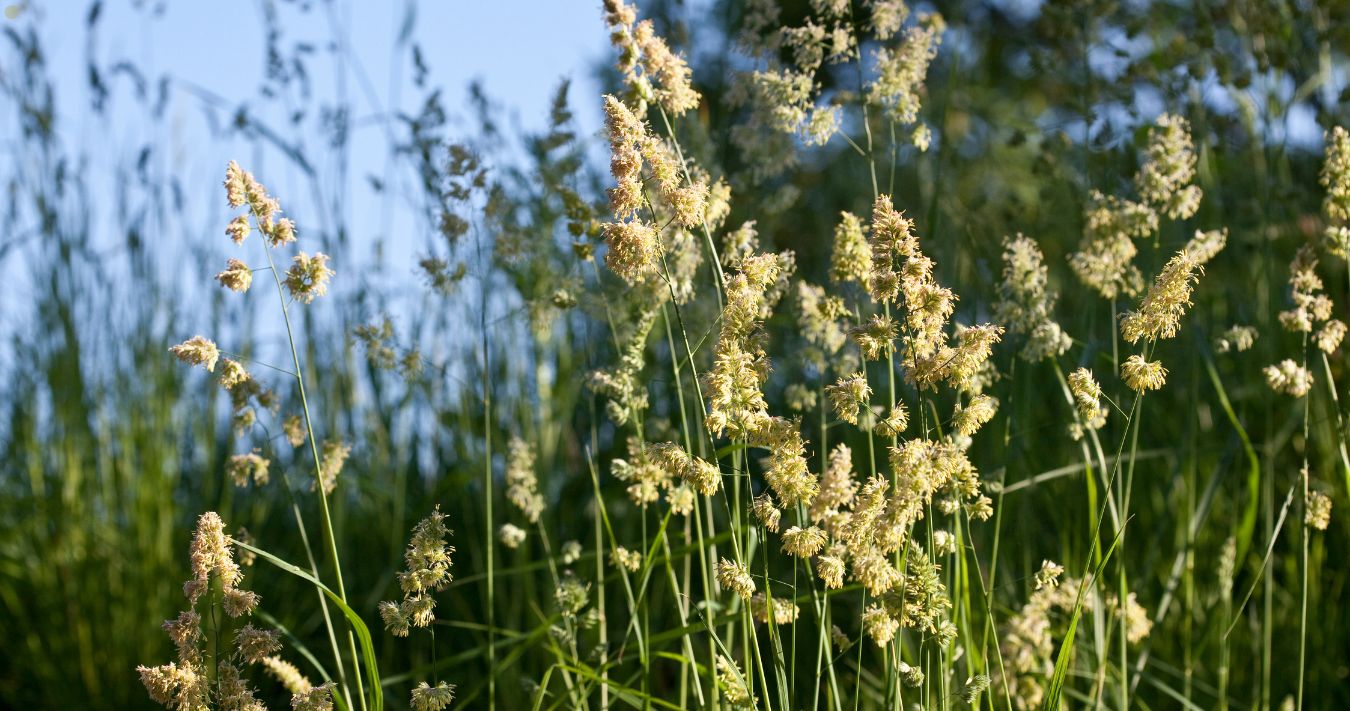10 of the Worst American Cities for Asthma
While asthma can be managed with proper care, environmental factors such as air quality, pollen levels and access to healthcare can significantly impact the severity of symptoms. Here are 10 of the worst American cities for asthma and sufferers and why they pose challenges.
1. Bakersfield, California
Bakersfield consistently ranks as one of the most polluted cities in the U.S. High levels of particulate matter and ozone contribute to poor air quality, making it difficult for asthma sufferers to breathe. In addition, Bakersfield's emissions from agriculture, industry, rail freight and road traffic make air quality even worse.
2. Fresno, California
Like Bakersfield, Fresno faces severe air pollution due to agricultural activities and vehicle emissions. Additionally, high pollen levels exacerbate asthma symptoms, especially during spring and summer. A report ranked Fresno as the 9th worst city to live with asthma of the 100 largest US cities.
Related Search Topics (Ads)
3. Detroit, Michigan
This year, Detroit was ranked the third worst city in the country to live in with asthma, according to a new report from the Asthma and Allergy Foundation of America. Industrial emissions and high traffic contribute to Detroit’s poor air quality. The city also has high rates of smoking, which increases exposure to secondhand smoke—a common asthma trigger.
4. Cleveland, Ohio
Cleveland’s aging infrastructure and industrial pollution make it a challenging environment for asthma sufferers. The city’s humid summers also promote mold growth, a significant asthma trigger.
5. Philadelphia, Pennsylvania
Philadelphia experiences high levels of ozone and particulate matter. Combined with its dense population and high rates of smoking, the city is particularly difficult for individuals with asthma. Indoor and outdoor air pollution from traffic and industrial activities can contribute to asthma.
6. Memphis, Tennessee
Memphis has high pollen counts and humid weather, which can worsen asthma symptoms. Poor air quality from vehicle emissions and industrial pollution further complicates the issue.
7. Oklahoma City, Oklahoma
Oklahoma City’s location in "Tornado Alley" means frequent weather changes, which can trigger asthma symptoms. High pollen levels and air pollution also contribute to its ranking.
8. Springfield, Massachusetts
Springfield has higher-than-average asthma prevalence and number of asthma-related deaths. It also has a lack of access to asthma specialists and high asthma medicine use. Springfield also reports high rates of emergency room visits for asthma-related issues. Factors include poor air quality, high pollen levels and limited access to specialized healthcare.
9. Louisville, Kentucky
Louisville is known as the allergy capital of the United States. Pollen from trees, grass and ragweed can trigger asthma, as well as air pollution and humid weather that create a perfect storm for asthma sufferers. The city is also known for its high rates of respiratory illnesses.
10. Atlanta, Georgia
Atlanta’s traffic congestion and high levels of ozone make it challenging for individuals with asthma. The city also experiences significant pollen seasons, further aggravating symptoms.
How to Manage Asthma Symptoms
While living in these cities may pose challenges, asthma sufferers can take steps to manage their condition effectively. Some of the best ways to manage asthma symptoms include:
- Monitor air quality. Use apps or websites to check daily air quality levels and avoid outdoor activities when pollution or pollen counts are high.
- Use an air purifier. Invest in a high-quality air purifier for your home to reduce indoor allergens and pollutants.
- Follow your asthma action plan. Work with your doctor to create and follow a personalized asthma action plan, including medication schedules.
- Maintain a clean environment. Regularly clean your home to reduce dust, mold and pet dander. Consider using hypoallergenic bedding.
- Stay hydrated. Drinking plenty of water helps keep your airways moist and can reduce irritation.
- Avoid triggers. Identify and avoid personal asthma triggers, such as smoke, strong odors or certain foods.
- Exercise wisely. If you want to exercise, do indoor exercises during high-pollen or high-pollution days, and always warm up before starting.
- Seek medical attention. If symptoms worsen or become unmanageable, consult a healthcare professional promptly.
Looking for asthma medications? Check out these websites to find prescription coupons.

